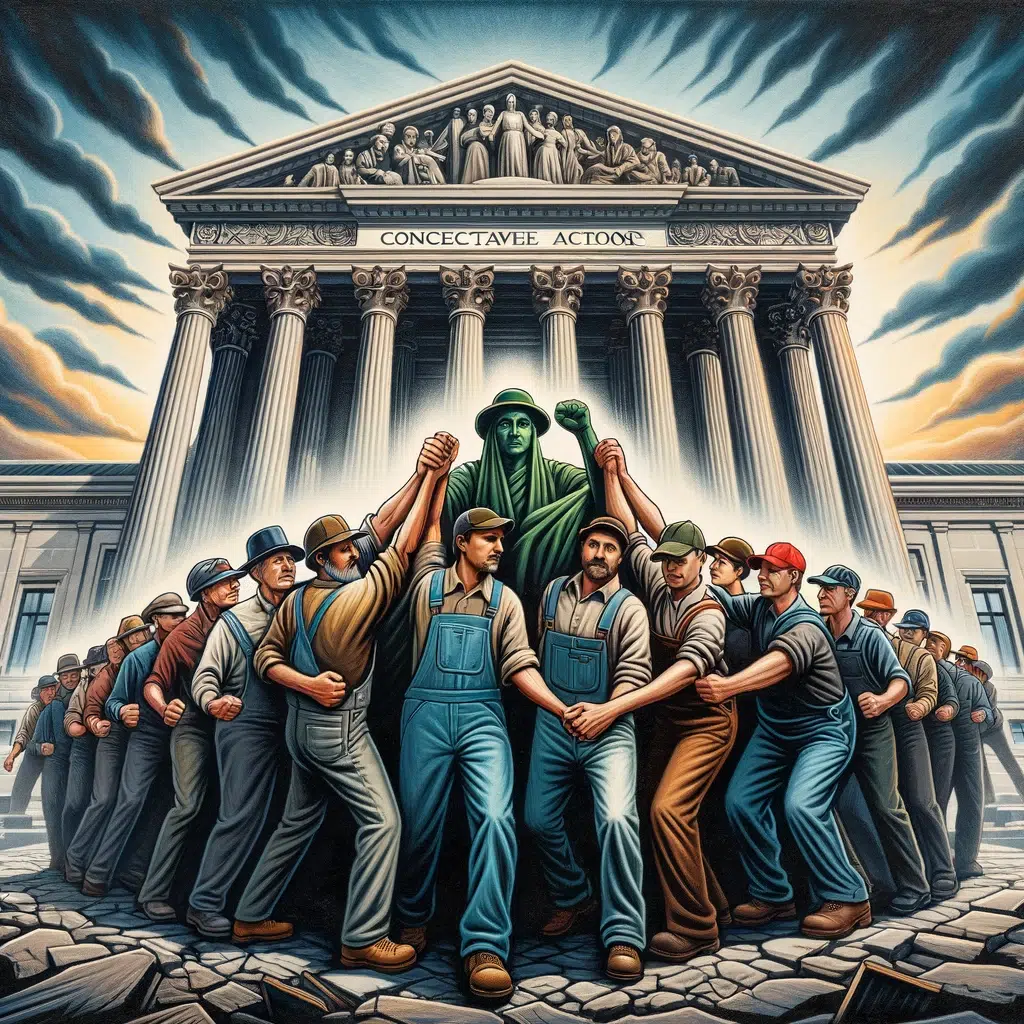
Dunmore v. Ontario (Attorney General): A Milestone in Labor Rights and Freedom of Association
Introduction
The Supreme Court of Canada’s decision in Dunmore v. Ontario (Attorney General), delivered in 2001, marked a significant development in Canadian constitutional law, particularly in the context of labor rights and freedom of association.
Background of the Case
In this historic developing socio-legal conflict, Ontario farm workers challenged the repeal of their right to join trade unions and bargain collectively granted under the Agricultural Labour Relations Act (ALRA). The repeal, brought about by the Conservative government in 1995, cast doubts on violations of worker’s constitutional rights.
Supreme Court’s Ruling
According to the majority of nine judges sitting on that case, exclusion from Ontario Labor Relations Act those working for agricultural purposes breached their right to freedom of association as enshrined under section 2(d) of Canadian Charter of Rights and Freedoms. This judgment has been an essential milestone in affirming that state has positive responsibility to shield vulnerable worker categories with protective legislation.
Implications of the Ruling
By adopting a broader interpretation of freedom of association that places focus on individual growth through a collective approach, this judgment underscored its need for laws protecting vulnerable workers and set a precedent for Canadian labor relationships.
Dissenting Opinion
Justice Major dissented arguing that positive rights are not imposed by section 2(d) (Charter) and there is no obstacle hindering these workers from forming their own organization.



